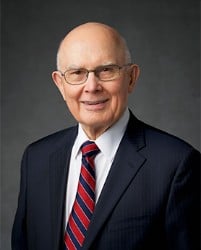
“The kind of marriage required for exaltation—eternal in duration and godlike in quality—does not contemplate divorce”
| (2007, May). Divorce. Ensign, 37(5), 70–73.
LDS Quotes About Divorce

“The kind of marriage required for exaltation—eternal in duration and godlike in quality—does not contemplate divorce”
| (2007, May). Divorce. Ensign, 37(5), 70–73.
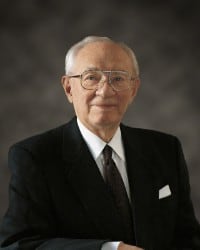
“I pity the man who at one time looked into the eyes of a beautiful young woman and held her hand across the altar in the house of the Lord as they made sacred and everlasting promises one to another, but who, lacking in self-discipline, fails to cultivate his better nature, sinks to coarseness and evil, and destroys the relationship which the Lord has provided for him”
| “Walking in the Light of the Lord,” Ensign, Nov. 1998, 99)
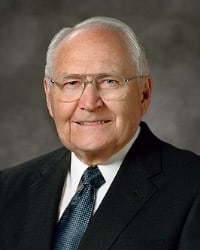
“As we know, [Satan] is attempting to erode and destroy the very foundation of our society—the family. In clever and carefully camouflaged ways, he is attacking commitment to family life throughout the world and undermining the culture and covenants of faithful Latter-day Saints”
| (2012, November). Becoming goodly parents. Ensign, 42(11), 26–28.

“As we know, [Satan] is attempting to erode and destroy the very foundation of our society—the family. In clever and carefully camouflaged ways, he is attacking commitment to family life throughout the world and undermining the culture and covenants of faithful Latter-day Saints”
| Becoming goodly parents. Ensign, 42(11), 26–28.
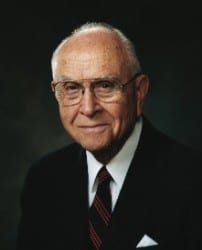
“It would seem that a major underlying cause of divorce is in not understanding that marriage and families are God-given and God-ordained. If we understood the full meaning we would have less divorce and its attendant unhappiness…The current philosophy—get a divorce if it doesn’t work out—handicaps a marriage from the beginning.”
| Marriage and Divorce

“The more uncertain people are that any partnership will last, the more they act as individuals and the less they act as permanent partners. But the more spouses act as separate individuals, the less they get from the marriage partnership, and the more likely the marriage will fail”
| The case for marriage. New York: Doubleday.
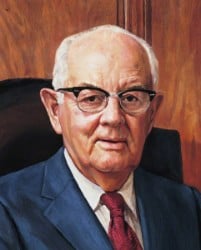
“Your love, like a flower, must be nourished. There will come a great love and interdependence between you, for your love is a divine one. It is deep, inclusive, comprehensive. It is not like that association of the world which is misnamed love, but which is mostly physical attraction. When marriage is based on this only, the parties soon tire of each other. There is a break and a divorce, and a new, fresher physical attraction comes with another marriage which in turn may last only until it, too, becomes stale.”
| Faith Precedes the Miracle, 130–31

“For those couples who would rate themselves as happily married, the positivity to negativity ratio is 5:1. Although this standard of five instances of positivity for each instance of negativity may appear daunting, there is good news here—couples are not expected to be perfect in their relationships in order to feel happy, satisfied, or fulfilled with each other.”
| (1994). What predicts divorce: The relationship between marital processes and marital outcomes. New York: Lawrence Erlbaum.

“Those in happy marriages noticed almost all of the positive things their partners did for them, while those in unhappy marriages failed to recognize 50% of the positive acts their spouses performed.”
| (1999). The seven principles for making marriage work. New York: Three Rivers Press.

“Of course, all in marriage is not bliss. . . . The remedy for most marriage stress is not in divorce. It is in repentance. It is not in separation. It is in simple integrity that leads a man to square up his shoulders and meet his obligations. It is found in the Golden Rule. . . .There must be a willingness to overlook small faults, to forgive, and then to forget. There must be a holding of one’s tongue. Temper is a vicious and corrosive thing that destroys affection and casts out love. . . . There may be now and again a legitimate cause for divorce. I am not one to say that it is never justified. But I say without hesitation that this plague among us, which seems to be growing everywhere, is not of God, but rather is the work of the adversary of righteousness and peace and truth.”
| What God hath joined together. Ensign, 21(5), 72–74.